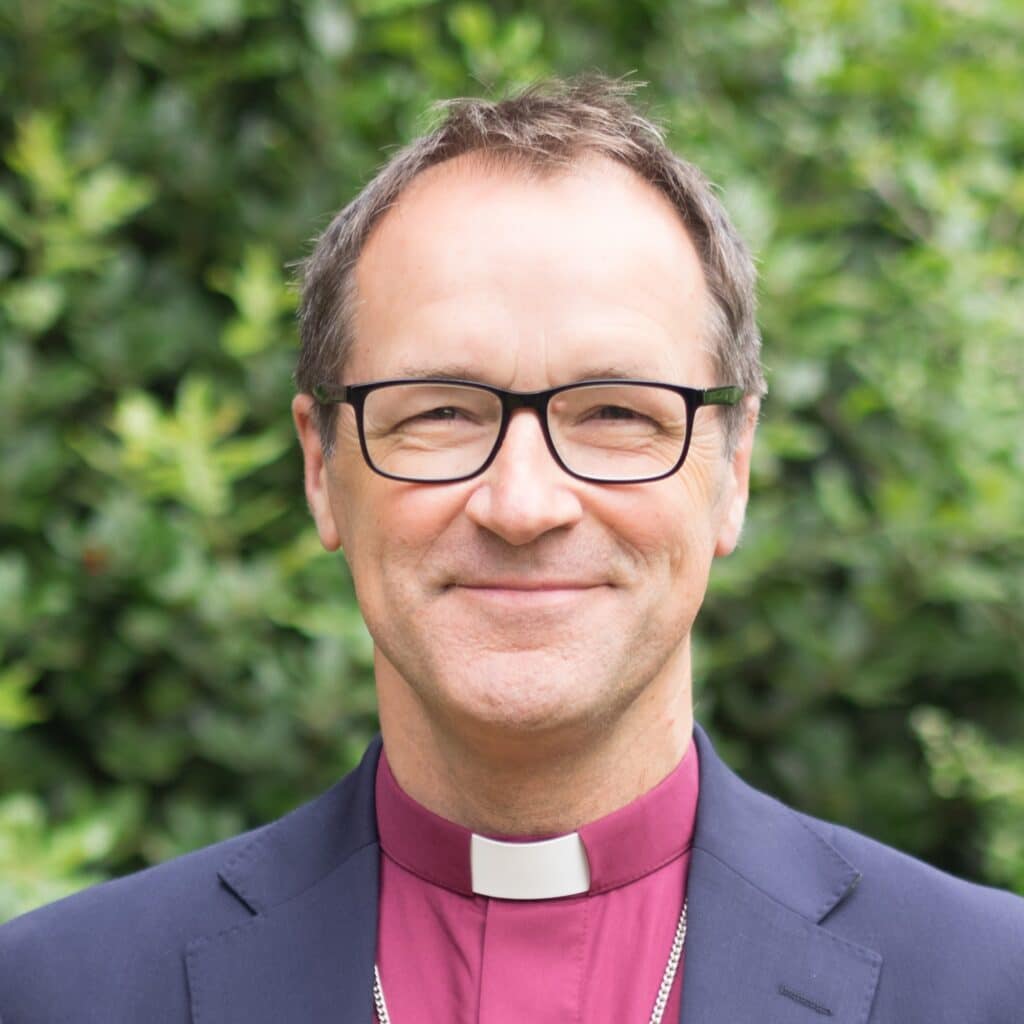
It’s something we’ve been taught since Sunday school, but what does it really mean to love your enemies? Bishop Graham Tomlin shares his thoughts.
One of the unique things about the teaching of Jesus in his first century context was the call to love, not just friends and family, not even just neighbours – but to love our enemies. This has no real parallel in any of the contemporary religious groups at the time.
Yet it’s one thing to say it – it’s another thing to do it. Many of us may not feel we have any enemies as such, but all of us have those people in our lives who are very difficult to love; those people who make life difficult, either at work or in our families, with whom we have real tensions and problems.
In the Sermon on the Mount, Jesus doesn’t just tell people that they ought to love their enemies, he shows them how. He gives them not just the law but the gospel.
The first step in loving your enemies is to pray for them
“I say to you, love your enemies and pray for those who persecute you, so that you may be children of your Father in heaven.” (Matthew 5:44-45)
The reality is that it is very hard to pray for someone regularly and to hate them at the same time. When you pray for someone, you put them and God side by side in your mind and heart. You begin to see them not so much as you see them – with all their faults, annoying habits, or the enmity that they bear towards you – but as God sees them. Because the truth is that God has no favourites. Jesus goes on to say: “Your Father… makes his sun rise on the evil and on the good, and sends rain on the righteous and on the unrighteous.” The righteous, the unrighteous, the innocent, the guilty, the Christian, the Muslim, the Hindu, the rich, the poor… they are all the beneficiaries of God’s good gifts in creation – sun, rain, air to breathe, food to eat, and so on. When you begin to see someone in this light, as God sees them, it begins to soften your heart a little towards them and makes it just a little more possible to love them.
I remember once a student coming to me in great irritation at a fellow student. He told me how every time this person opened their mouth in a seminar or class, his opinions and the way he expressed them annoyed him so much that he found it really difficult to deal with. I suggested to him that he start praying for his colleague. He replied, “there’s no point in doing that – he won’t change.” I then suggested “well maybe he won’t, but you might.” So, he took this on board and went away resolving to pray for this man for two weeks. I saw him two weeks later and true enough, his attitude was completely different. He found a warmth, maybe even a love for this man arising in his own heart. The irritation had begun to fade. His attitude had changed.
The second step is to talk to them
“If you greet only your brothers and sisters,” says Jesus, “what more are you doing than others?” Opening up a conversation creates the possibility for a relationship. It may be difficult or awkward at the start, but breaking the silence is the first step. Silence is a way we express enmity.
There is a story of the Irish playwright, Bernard Shaw, who received a card from a society lady one day saying, “Lady X will be at home between four and six o’clock on the 23rd May”. Bernard Shaw sent the card back with a note written on the back saying, “Bernard Shaw will also be at home between four and six o’clock on the 23rd May”.
Our way of expressing enmity is not usually to shout at each other or to hit one another. It is rather silence. We avoid each other.
If we’re to love those who are different from us the first step is to pray for them, the second step is to talk to them – to create the relationship. It is to see past the personality clash, the personal difference, to the person that God created and God loves. It is to make contact on that level as two sinners, weak, poor in spirit who are bound together not by common agreement, not by common background, but by the fact that God made them and loves them.

The Rt Revd Dr Graham Tomlin is Director of the Centre for Cultural Witness, based in Lambeth Palace. He was Bishop of Kensington from 2015-2022. Formerly, he was the founding Dean of St Mellitus College (and remains the President of the College) and before that, Vice Principal of Wycliffe Hall, Oxford. He is the author of many books, most recently, Blaise Pascal: The Man who Made the Modern World.



